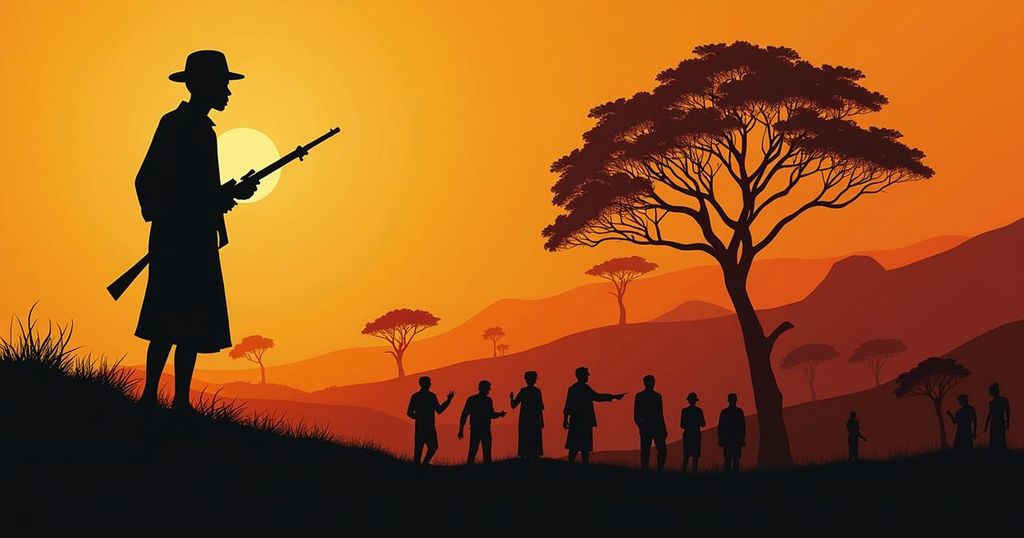The Impact of Mali’s 2020 Coup on West Africa’s Political Landscape

The military coup in Mali in 2020 has instigated a cascade of similar takeovers across West Africa, with at least ten attempted coups reported since then. This trend highlights growing dissatisfaction with civilian governments, exacerbated by issues such as corruption and insecurity. The actions of ECOWAS have come under criticism for their ineffectiveness in curbing this tide of military intervention, further complicating the political landscape in the region and raising human rights concerns.
In recent years, West Africa has experienced a surge in military coups, notably after the 2020 coup in Mali, which has sparked discussions about a potential shift in the region’s political landscape. The military seizure of power in Mali marked the end of a period of relative stability and has since been echoed in several neighboring countries, including Guinea, Burkina Faso, and Niger. These developments indicate a troubling trend characterized by dissatisfaction with civilian governance, particularly in the face of challenges such as corruption, armed insurgencies, and perceived neocolonial influences. Observers note that the return of military rule threatens to dismantle the strides made towards strengthening democratic governance in the region. The implications of this coup-ridden climate are profound, leading to escalating violence, a pivot away from traditional allies such as France, and a growing alignment with Russia.
The coup in Mali on August 18, 2020, was precipitated by widespread public discontent regarding then-President Aboubakar Keita’s administration, exacerbated by allegations of corruption and failure to address a burgeoning armed conflict in the north of Mali. The military government’s promises of swift action against these insurgents were soon overshadowed by internal power struggles, leading to further instability. The ripple effect of this coup has been significant, opening the floodgates for similar upheavals across West and Central Africa, culminating in a worrying trend of multiple coups occurring within a short span. The actions taken by the Economic Community of West African States (ECOWAS) in response to these developments have drawn scrutiny, with many arguing that insufficient punitive measures against coup leaders have emboldened such actions.
The unfolding events in West Africa underscore a critical juncture for the region. The rise of military regimes, catalyzed initially by the coup in Mali, poses serious risks to both regional stability and the commitment to democratic governance. The shift away from traditional alliances—and with emerging powers like Russia stepping in—alongside the apparent inability of ECOWAS to effectively manage the succession of coups, renders the future uncertain. The consequences of military governance, particularly in terms of human rights violations and increased violence, raise alarms for both regional and international stakeholders.
Original Source: www.aljazeera.com








